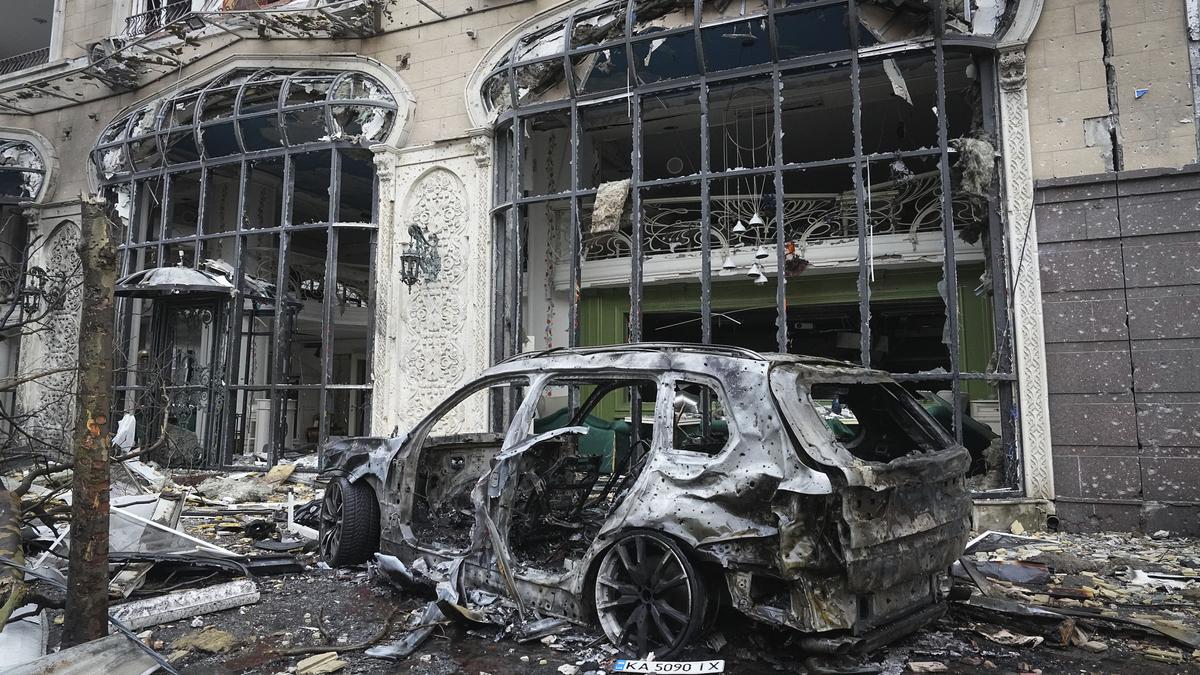
Looking back 2024: A year of intensifying wars in Ukraine and Palestine amid global turmoil
The Hindu
2024 was defined by international conflicts, including the ongoing Ukraine war and rising Middle East tensions, reshaping alliances and destabilizing global geopolitics.
The year 2024 was marked by a series of international conflicts that challenged geopolitical landscapes and global stability. From the ongoing war in Ukraine to escalating tensions in the Middle East, the year witnessed shifting alliances and devastating military campaigns. The ripple effects of these crises extended far beyond their immediate regions, influencing diplomatic relations and strategic priorities worldwide. This article delves into the key conflicts that defined the year, tracing their evolution and impact on the global stage.
The year began with Russia continuing its 2022 war against Ukraine in a purported move to stop the North Atlantic Treaty Organization (NATO) expansion towards its borders. Three months earlier, in October 2023, the militant group Hamas launched an assault in Gaza, killing more than 1,000 people and triggering massive retaliation from Israel against Palestine.
As the war raged on, Israel’s fight extended to other areas against Iranian proxies, of which Hamas is one. Houthi rebels in Yemen intercepted and attacked ships and other vessels they identified as aiding Israel. Hezbollah militants in Lebanon exchanged fire with Israel at the border.
In September, Israel targeted Hezbollah’s paging devices, killing dozens and injuring hundreds in a spiraling regional escalation. A ceasefire deal in November cooled regional tensions. However, Syrian rebels launched lightning offensives against the Iran-backed Assad government and toppled his regime, triggering a fresh bout of violence.
With the victory of Donald Trump in November’s U.S. presidential polls, Ukraine’s much-needed American backing is liable to change. This marks a turning point in the war. Meanwhile, the Iranian proxies stand weakened in the region, allowing Israel the space to further strengthen its regional position.
We take a look at how these international conflicts and others have evolved through the year.
The Armed Conflict Location and Event Data (ACLED) database records every conflict event and the associated fatalities. With this data, the Conflict Index is prepared. The Index ranks each country based on four parameters - Deadliness (number of fatalities), Danger (number of events of violence against civilians), Diffusion (how widespread the violence is) and Fragmentation (Number of non-state armed, organised groups).











